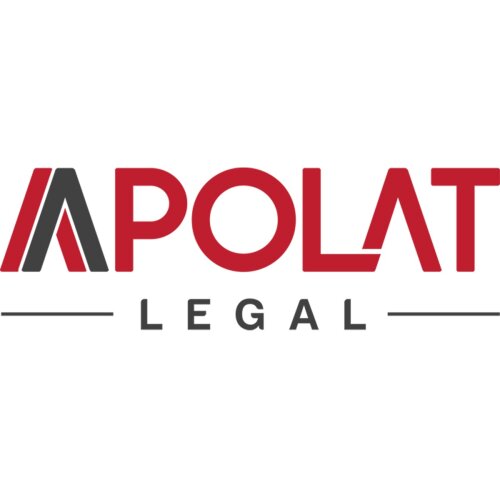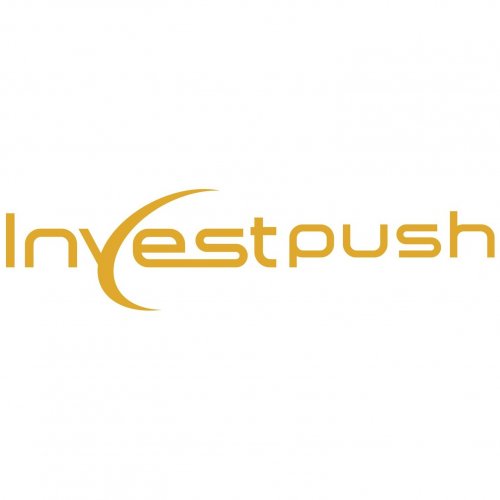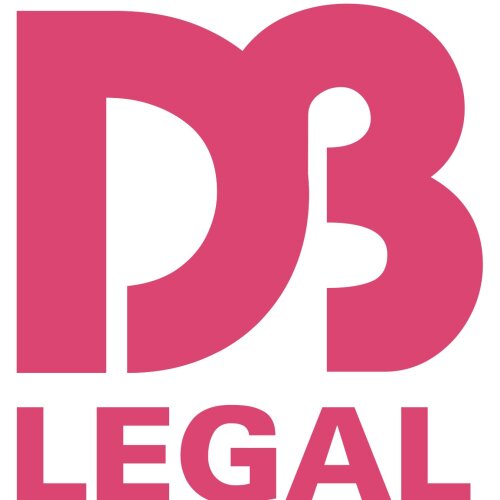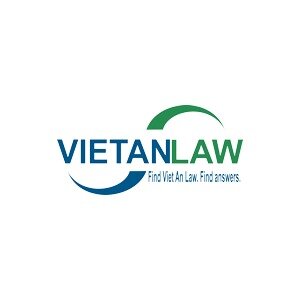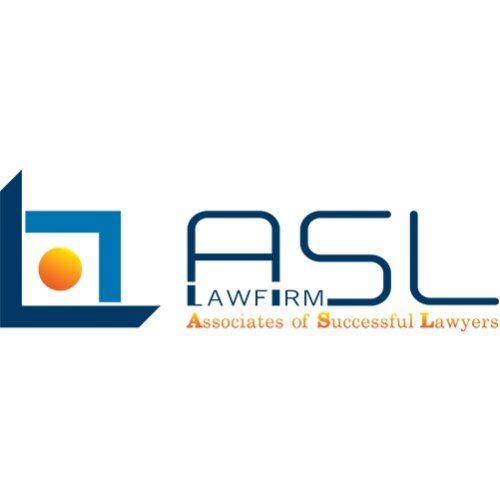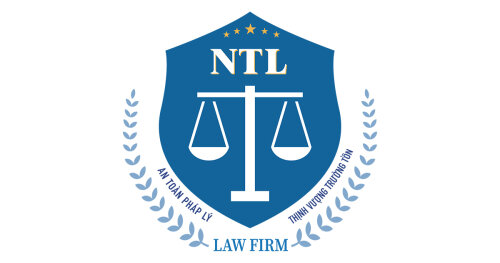Best Project Finance Lawyers in Ho Chi Minh City
Share your needs with us, get contacted by law firms.
Free. Takes 2 min.
List of the best lawyers in Ho Chi Minh City, Vietnam
About Project Finance Law in Ho Chi Minh City, Vietnam
Project finance is a specific legal and financial mechanism that plays a crucial role in Ho Chi Minh City’s ongoing economic development. In essence, project finance involves securing long-term funding for large-scale projects, such as infrastructure developments, energy plants, and real estate undertakings. Rather than relying on the balance sheet of the project sponsor, lenders evaluate and rely upon the cash flow generated by the project for repayment, along with the value of the project’s assets as collateral. Ho Chi Minh City, as Vietnam’s most dynamic commercial center, sees substantial project finance activity, particularly for public-private partnership (PPP) projects, smart city developments, and significant industrial undertakings.
Why You May Need a Lawyer
Engaging with project finance in Ho Chi Minh City can be complex due to the interplay of local regulations, international investments, and sophisticated contractual arrangements. Common scenarios where legal advice is essential include:
- Structuring finance for large infrastructure, energy, or real estate developments
- Negotiating and drafting project agreements, such as Build-Operate-Transfer (BOT) contracts
- Securing permits and regulatory approvals from local authorities
- Ensuring compliance with Vietnamese investment laws and foreign exchange controls
- Managing relationships between sponsors, lenders, government agencies, and contractors
- Navigating public-private partnership arrangements
- Mitigating risks related to land use rights and collateralization
- Handling disputes or renegotiation of contract terms if complications arise
Given the scope and stakes of project finance deals, having a dedicated legal advisor familiar with Vietnamese law is critical to safeguarding your interests.
Local Laws Overview
Project finance in Ho Chi Minh City is shaped by several layers of Vietnamese law, local government policies, and international best practices. Key legal aspects to be aware of include:
- Investment Law and Enterprise Law: These laws set out the framework for domestic and foreign investments, including procedures for registering business entities and obtaining investment licenses.
- Land Law: Land in Vietnam is owned by the state. Investors are granted land use rights, which can be complex to acquire and secure, especially for foreign parties.
- Public-Private Partnership (PPP) Law: This law governs how government and private sector partners collaborate on infrastructure and public service projects, setting requirements for bidding, project contracts, and risk allocation.
- Secured Transactions: Collateral arrangements must comply with Vietnamese law, which may differ from international standards regarding asset mortgaging and enforcement.
- Banking and Foreign Exchange Regulations: Project finance involves navigating rules on capital transfers, loan repayments, and currency exchanges, which are tightly regulated in Vietnam.
- Permitting and Licensing: Projects must secure multiple layers of approval from both city and national authorities, requiring careful legal navigation.
Understanding these local dimensions is crucial for successful project execution and risk management.
Frequently Asked Questions
What is project finance in the context of Ho Chi Minh City?
Project finance in Ho Chi Minh City refers to structuring long-term financing for large projects, typically relying on the project's cash flow and assets rather than the sponsor’s creditworthiness.
Can foreign investors participate in project finance transactions in Vietnam?
Yes, foreign investors may participate, but must comply with investment, land, and currency regulations. Legal due diligence is essential to avoid pitfalls related to foreign ownership limitations.
What are the main risks involved in project finance projects in Ho Chi Minh City?
Main risks include regulatory changes, difficulties in securing land use rights, challenges in obtaining permits, currency convertibility issues, and contractual disputes among stakeholders.
What types of projects are commonly financed through project finance in Ho Chi Minh City?
Common projects include transportation infrastructure (roads, metro lines), energy (power plants, renewable projects), waste management, property developments, and industrial zones.
How are public-private partnership (PPP) projects governed?
PPP projects are governed by the Law on Public-Private Partnership, supplemented by various government decrees and guidance, setting rules for cooperation, bidding, contracts, and risk allocation.
What collateral can be used for project finance loans in Vietnam?
Collateral often includes land use rights, rights to exploit projects, equipment, and project receivables, but these must be structured in compliance with Vietnamese secured transaction law.
How are disputes typically resolved in project finance contracts?
Dispute resolution is typically defined by contract and may involve Vietnamese courts, local arbitration, or international arbitration, depending on the parties and type of project.
Are government guarantees available for project finance deals?
Direct government guarantees are limited, and approval is stringent. Some government undertakings may be available for high-importance projects under the PPP framework.
What steps are involved in obtaining project approvals?
Projects generally require investment registration, business licensing, sector-specific permits, and environmental approvals from relevant city and national authorities. The process is documentation-intensive and requires expert navigation.
Why is legal due diligence important in project finance?
Due diligence is vital to identify legal risks, verify property and land use rights, confirm regulatory compliance, and assess the enforceability of loan and project agreements.
Additional Resources
If you need further information or support, consider reaching out to the following organizations:
- Ho Chi Minh City Department of Planning and Investment - for investment guidance and licensing procedures
- Vietnam Ministry of Planning and Investment - for national-level investment laws and information
- Vietnam Chamber of Commerce and Industry (VCCI) - for business support and dispute resolution
- Vietnam International Arbitration Center (VIAC) - for commercial dispute resolution services
- Legal advisory firms and local bar associations - for specialized project finance legal advice
Next Steps
If you are considering participation in a project finance transaction in Ho Chi Minh City, Vietnam, begin by clearly defining your project objectives and assembling detailed documents related to the project. It is highly recommended to consult with a local lawyer or legal advisory firm experienced in project finance as early as possible. An expert will assist in risk assessment, structuring your project, ensuring compliance with Vietnamese and international standards, and representing your interests with local authorities and counterparties. When choosing a lawyer, seek professionals with a proven track record in project finance, PPPs, and cross-border transactions to guide you through each step of your project’s legal lifecycle.
Lawzana helps you find the best lawyers and law firms in Ho Chi Minh City through a curated and pre-screened list of qualified legal professionals. Our platform offers rankings and detailed profiles of attorneys and law firms, allowing you to compare based on practice areas, including Project Finance, experience, and client feedback.
Each profile includes a description of the firm's areas of practice, client reviews, team members and partners, year of establishment, spoken languages, office locations, contact information, social media presence, and any published articles or resources. Most firms on our platform speak English and are experienced in both local and international legal matters.
Get a quote from top-rated law firms in Ho Chi Minh City, Vietnam — quickly, securely, and without unnecessary hassle.
Disclaimer:
The information provided on this page is for general informational purposes only and does not constitute legal advice. While we strive to ensure the accuracy and relevance of the content, legal information may change over time, and interpretations of the law can vary. You should always consult with a qualified legal professional for advice specific to your situation.
We disclaim all liability for actions taken or not taken based on the content of this page. If you believe any information is incorrect or outdated, please contact us, and we will review and update it where appropriate.







